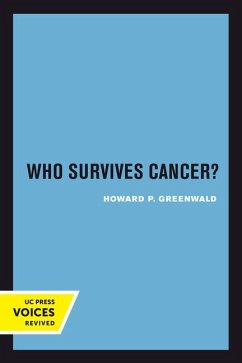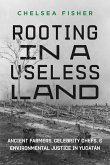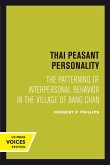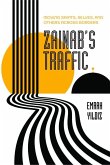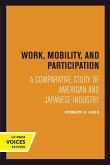"Who Survives Cancer? is by far the most comprehensive analysis of studies of cancer survival. Howard P. Greenwald evaluates heredity, diet, emotional state, treatment protocols, early diagnosis, and access to care. Of all of these, early access to diagnosis and care were the major factors in 'transforming cancer from a sure killer to a manageable risk.' This book is a must-read for the American health care debate."--Dr. Jane Fulton, University of Ottawa "Into the cauldron of controversy about how to finance health care in these United States, Greenwald injects a new variable: the impact of payment on the survival of cancer patients. He makes a compelling case for the life-prolonging benefits of standard procedures for the early detection and treatment of cancer. If cancer concerns you, read this book. Its conclusions could save your life."--Charles Haskell, M.D., author of Cancer Treatment "Reading Who Survives Cancer? will help people understand why progress against cancer is slow. In particular, it highlights the important non-biomedical factors in cancer survival and patiently explains why some popular notions are not supported by science."--Lester Breslow, M.D., M.P.H., University of California, Los Angeles
Hinweis: Dieser Artikel kann nur an eine deutsche Lieferadresse ausgeliefert werden.
Hinweis: Dieser Artikel kann nur an eine deutsche Lieferadresse ausgeliefert werden.

